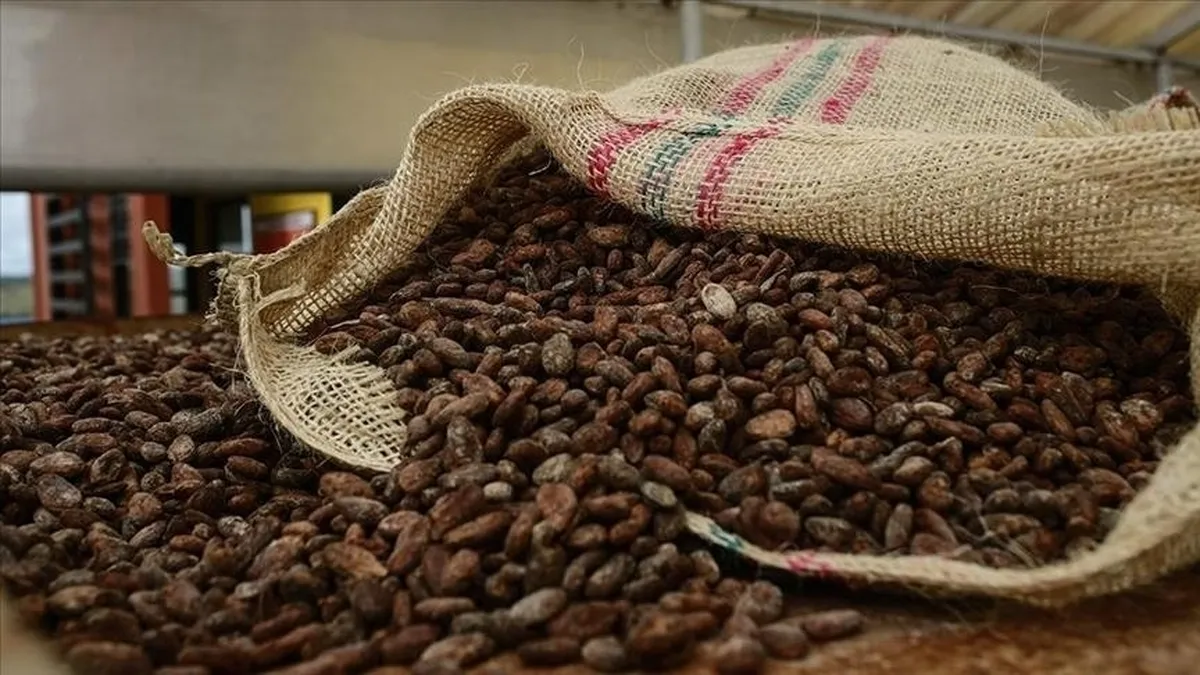Cocoa Price Hits Record

Cocoa hit a record of nearly $13,000 per ton on the Intercontinental Exchange, as sharp fluctuations continue in other commodities, especially in the agricultural group, following President-elect Donald Trump’s election win in November.
The ton price has risen more than 200% since the beginning of 2024 and reached a high of $12,931 amid supply concerns.
Climate and weather conditions also greatly contribute to price fluctuations of agricultural commodities. Cocoa prices rallied due to the adverse weather conditions in West Africa, threatening crops, while global cocoa stocks declined.
The weak cocoa production in the Ivory Coast and Ghana played a key role in record-breaking cocoa prices. Analysts said the 2024-25 season will see a deficit in global cocoa stocks.
The EU, meanwhile, approved the postponement for a year, new rules and legislation to prevent the import of products procured via damaging forest areas, such as soy, beef, palm oil, wood, cocoa and coffee.
Major cocoa factories in the Ivory Coast and Ghana decided to halt production because of high seed costs, while prolonged drought and heavy rain caused further supply concerns. Particularly, the cocoa swollen shoot virus disease (CCSVD) affected crops and affected production.
Ghana was planning to postpone cocoa bean deliveries of up to 350,000 tons until next season due to poor crops.
Zafer Ergezen, a futures and commodity markets expert, told Anadolu that cocoa prices rose again this year after rising significantly last year, which led chocolate producers to increase prices.
Ergezen said West Africa accounts for 70% of the world’s cocoa production, making the region an important source of cocoa as adverse effects in the region affect stocks and prices.
“Last year, there were serious concerns about the coffee yield in the region mostly due to the weather, and after a long time, the production deficit of cocoa increased to record levels, contributing to the rise in prices, and this year, the change in weather conditions in West Africa fueled concerns over production once again, leading chocolate companies to pay more for cocoa, which in turn cause prices to increase to record levels,” said Ergezen.
“Cocoa production for the next season is expected to be relatively higher and the deficit is estimated to fall, though this may not be permanent in the future, so investors need to exercise caution,” he added.
4155/v





















